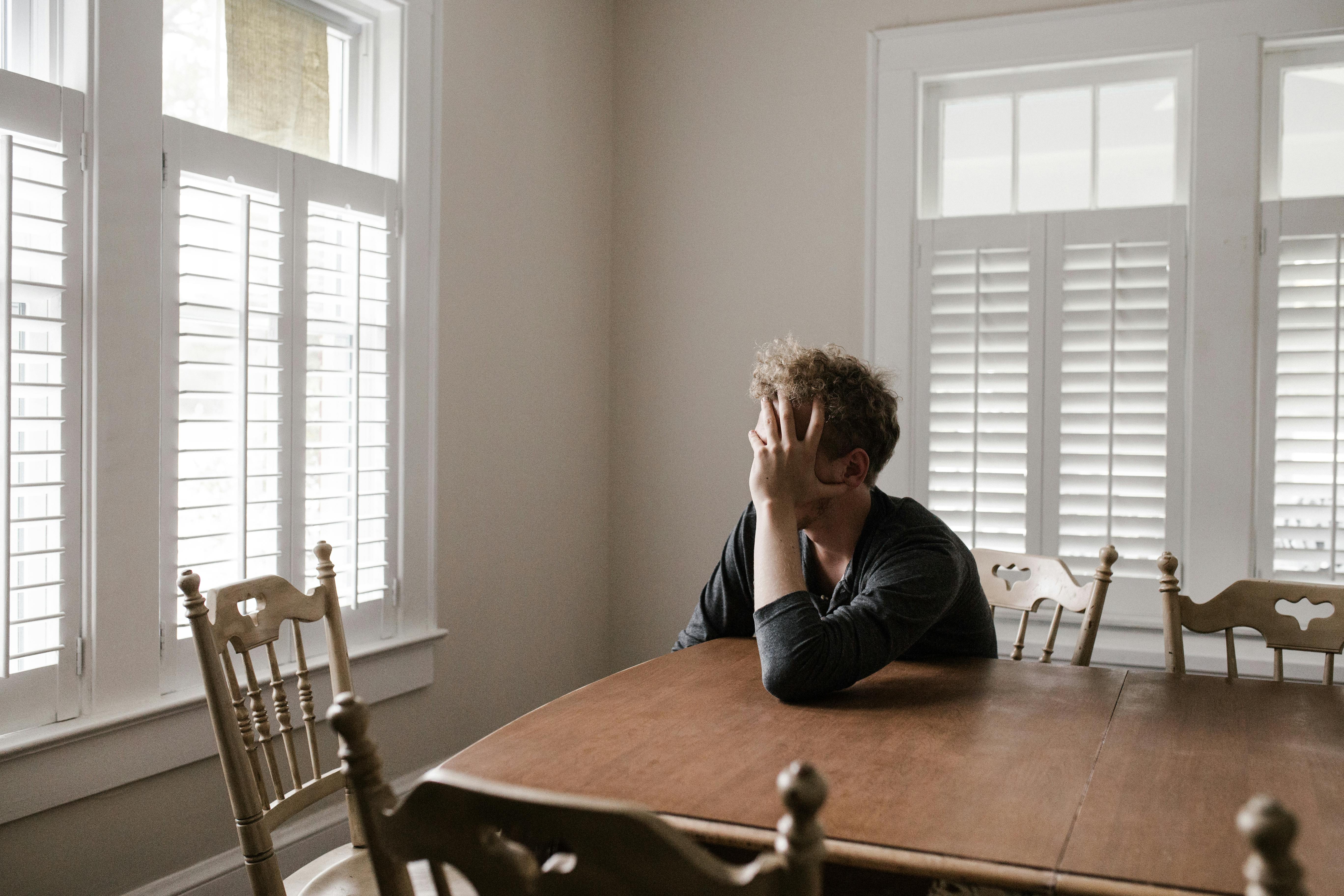When anxiety or depression starts taking over your day-to-day life, it’s time to consider real solutions. Both conditions affect numerous people of all ages, backgrounds, and lifestyles. And while it’s common to feel occasional sadness or worry, anxiety and depression can become chronic without proper treatment. The good news is effective therapy options do exist, and they’re more accessible than ever.
In this guide, we’ll break down what anxiety and depression really feel like, how they differ, and which therapy approaches actually work. Whether you’re exploring options for the first time or looking to switch gears, this overview can help you make informed decisions about anxiety and depression therapies.
Anxiety vs. Depression: What’s the Difference?
Anxiety and depression often get lumped together, but they’re not the same thing. Understanding how they differ is key to finding the right treatment path.
Anxiety is typically marked by excessive worry, racing thoughts, restlessness, difficulty sleeping, and physical symptoms like a pounding heart or shortness of breath. People with anxiety disorders often feel constantly “on edge” and anticipate worst-case scenarios even when there’s no clear danger.
On the other hand, depression often shows up as low mood, persistent sadness, lack of interest in once-loved activities, changes in appetite, fatigue, and feelings of hopelessness. Some people also experience irritability, difficulty concentrating, or thoughts of self-harm.
It’s not uncommon to experience both at once—what professionals call comorbid anxiety and depression. Thankfully, many anxiety and depression therapy methods address both conditions together.

Evidence-Based Anxiety and Depression Therapy Options
There’s no one-size-fits-all approach when it comes to mental health. The most effective treatment often depends on your specific symptoms, history, and goals. Below are several proven options to consider, all backed by science and widely used by mental health professionals.
Cognitive Behavioral Therapy (CBT)
CBT is one of the most commonly recommended forms of anxiety disorder treatment and depression therapy. It focuses on identifying and changing unhelpful thought patterns and behaviors. With CBT, you’ll learn practical coping tools like challenging irrational fears or replacing negative self-talk with balanced thinking.
CBT is often short-term and goal-oriented. Many people start noticing changes within a few weeks. It’s especially effective for generalized anxiety disorder, panic disorder, and major depressive disorder.
Interpersonal Therapy (IPT)
While CBT focuses on thoughts and actions, IPT zeroes in on relationships. This therapy works by exploring how your connections with others impact your mood and emotional state. It’s particularly helpful for those whose depression is tied to grief, major life transitions, or social conflict.
By improving communication skills and strengthening your support system, IPT can reduce symptoms and build emotional resilience. It’s a solid choice for those who prefer a more relationship-focused approach to anxiety and depression therapy.

Psychodynamic Therapy
This deeper, more exploratory type of therapy looks at how your past influences your present. Psychodynamic therapy helps uncover unconscious thoughts and unresolved conflicts (often rooted in childhood) that could be fueling anxiety or depression today.
Unlike CBT or IPT, psychodynamic therapy isn’t about quick fixes. It’s about long-term self-awareness and emotional insight. If you’re looking to understand the “why” behind your symptoms, this method might resonate with you.
Mindfulness-Based Cognitive Therapy (MBCT)
MBCT combines the tools of CBT with the practice of mindfulness. That means learning to become more present, more accepting of difficult thoughts, and less reactive to stressors. It’s a powerful option for people who’ve experienced recurring bouts of depression or struggle with chronic anxiety.
Mindfulness techniques like breathwork and body scans are used alongside cognitive strategies to help break the cycle of automatic negative thinking. This therapy teaches you how to observe your thoughts without letting them spiral.
Hypnotherapy Services
Though less conventional, hypnotherapy services can offer meaningful relief for certain individuals. Hypnotherapy involves guided relaxation to help you reach a highly focused, suggestible state. In this state, the therapist helps reframe negative beliefs or access buried emotions.
Some people find hypnotherapy especially helpful for phobias, trauma-related anxiety, and behavioral issues like insomnia. It can also support other therapies by promoting calm and emotional openness. Always ensure your hypnotherapist is licensed and trained in clinical hypnosis techniques.
Medication Management (When Needed)
For moderate to severe cases, therapy alone may not be enough. Medication management can play a critical role in treating anxiety and depression. Common options include SSRIs (selective serotonin reuptake inhibitors), SNRIs (serotonin-norepinephrine reuptake inhibitors), and, in some cases, anti-anxiety medications or mood stabilizers.
The key is balance. Medication should never be the only solution, but when combined with therapy, it can create a stable foundation for healing. Talk to a qualified mental health provider who can tailor a plan and monitor your progress carefully.
When to Seek Help (And What to Expect)
It’s easy to second-guess your symptoms or put off getting help, but you don’t have to wait for things to get worse. If anxiety or depression is interfering with your work, relationships, or daily routine, it’s time to reach out.
Most clinics today offer intake consultations to discuss your symptoms and goals. From there, they can match you with a therapist trained in anxiety disorder treatment, depression therapy, or specialized approaches like hypnotherapy services.
Therapy is not about “fixing” you; it’s about equipping you with tools, insight, and support to navigate life more confidently.

Ready to find lasting relief from anxiety and depression? Alternative Therapy LLC, a professional counseling service, offers comprehensive anxiety and depression therapy designed to help you thrive.
Our experienced team provides effective anxiety disorder treatment and compassionate depression therapy in Hamden, CT. We are proud to serve a diverse community with dedicated Spanish-speaking and Portuguese language services. Don’t wait to start your journey to healing—we are now accepting Medicare.
Call us now at (203)281-0300 or click here to request an appointment and take the first step toward a brighter tomorrow.
